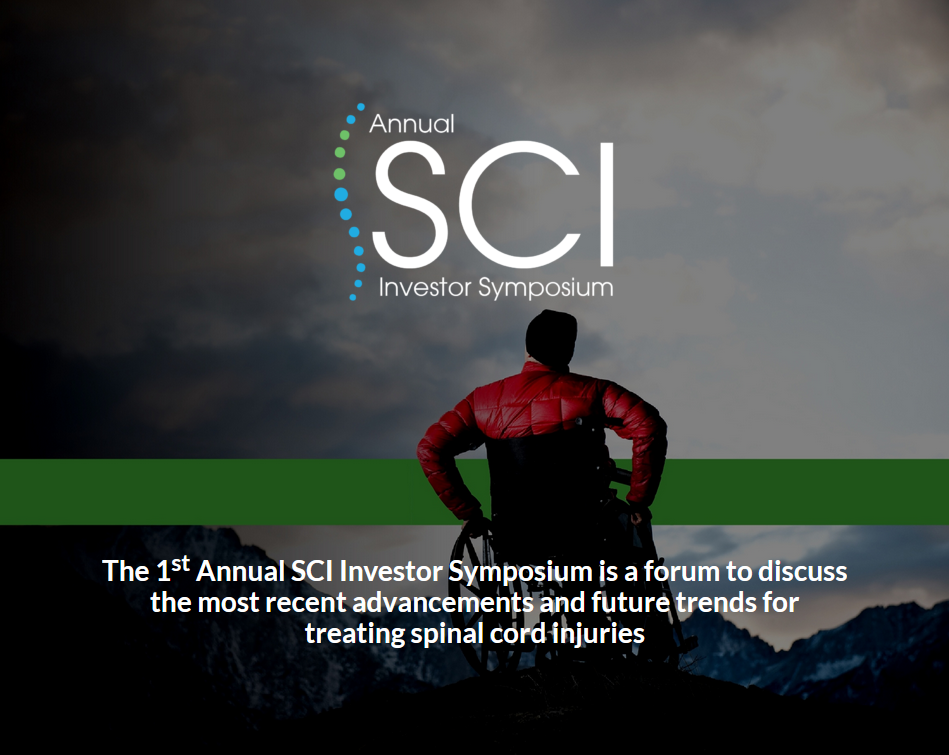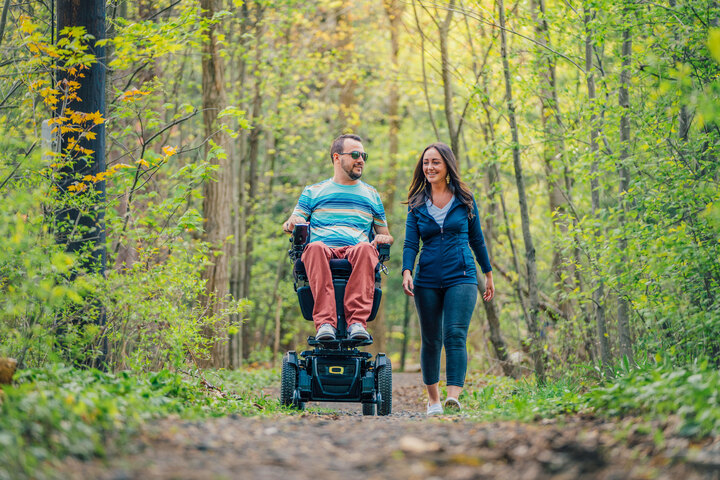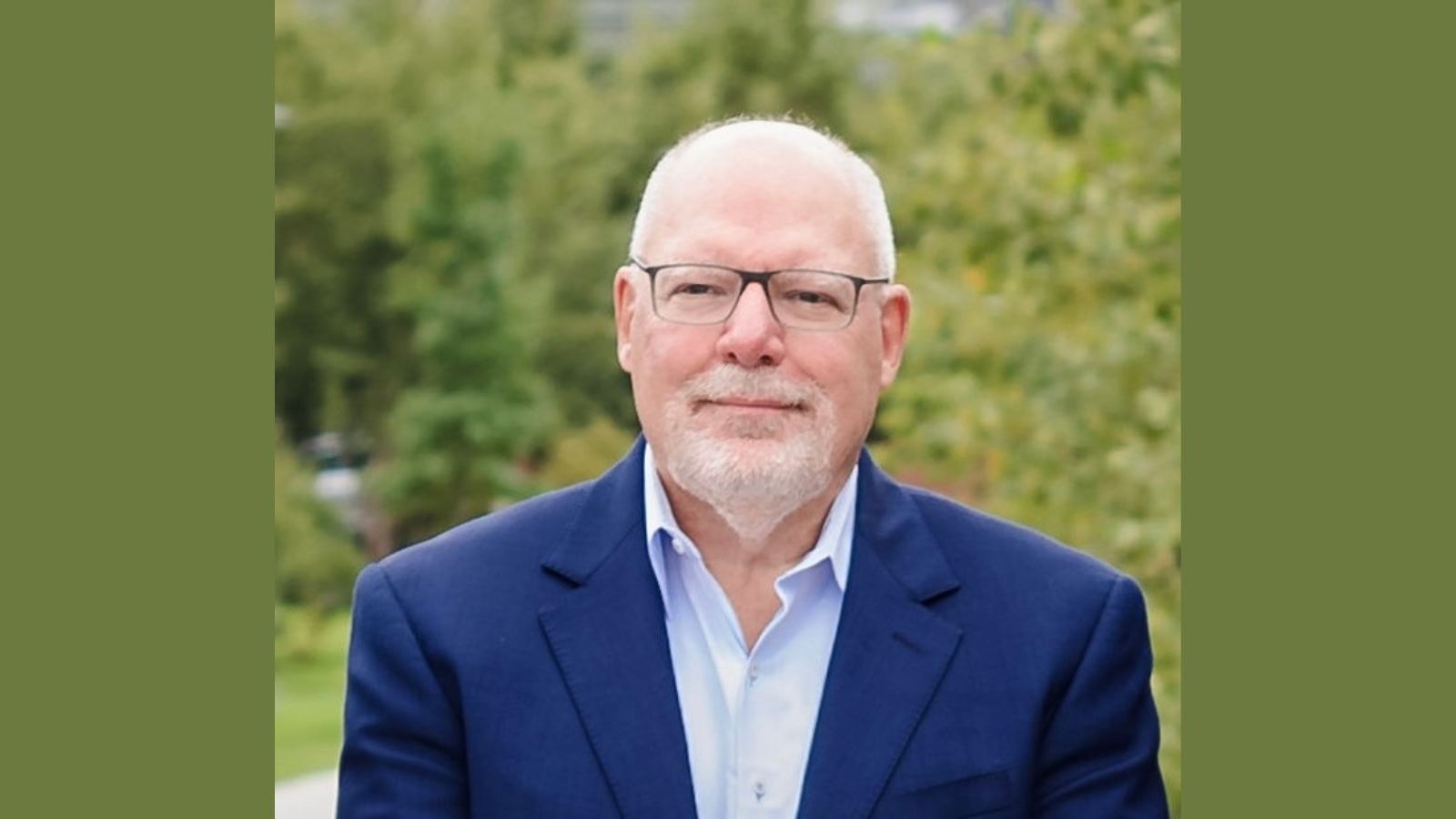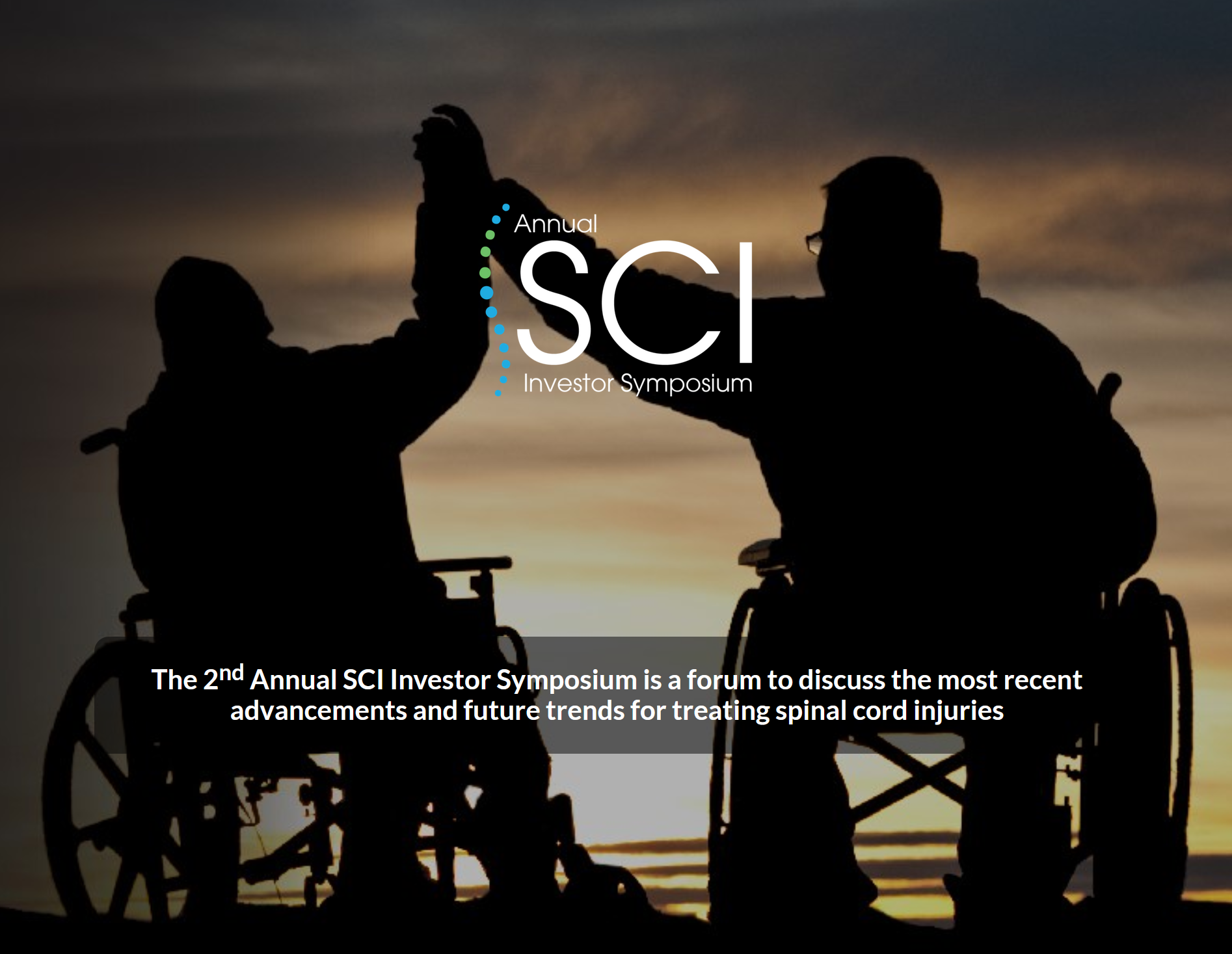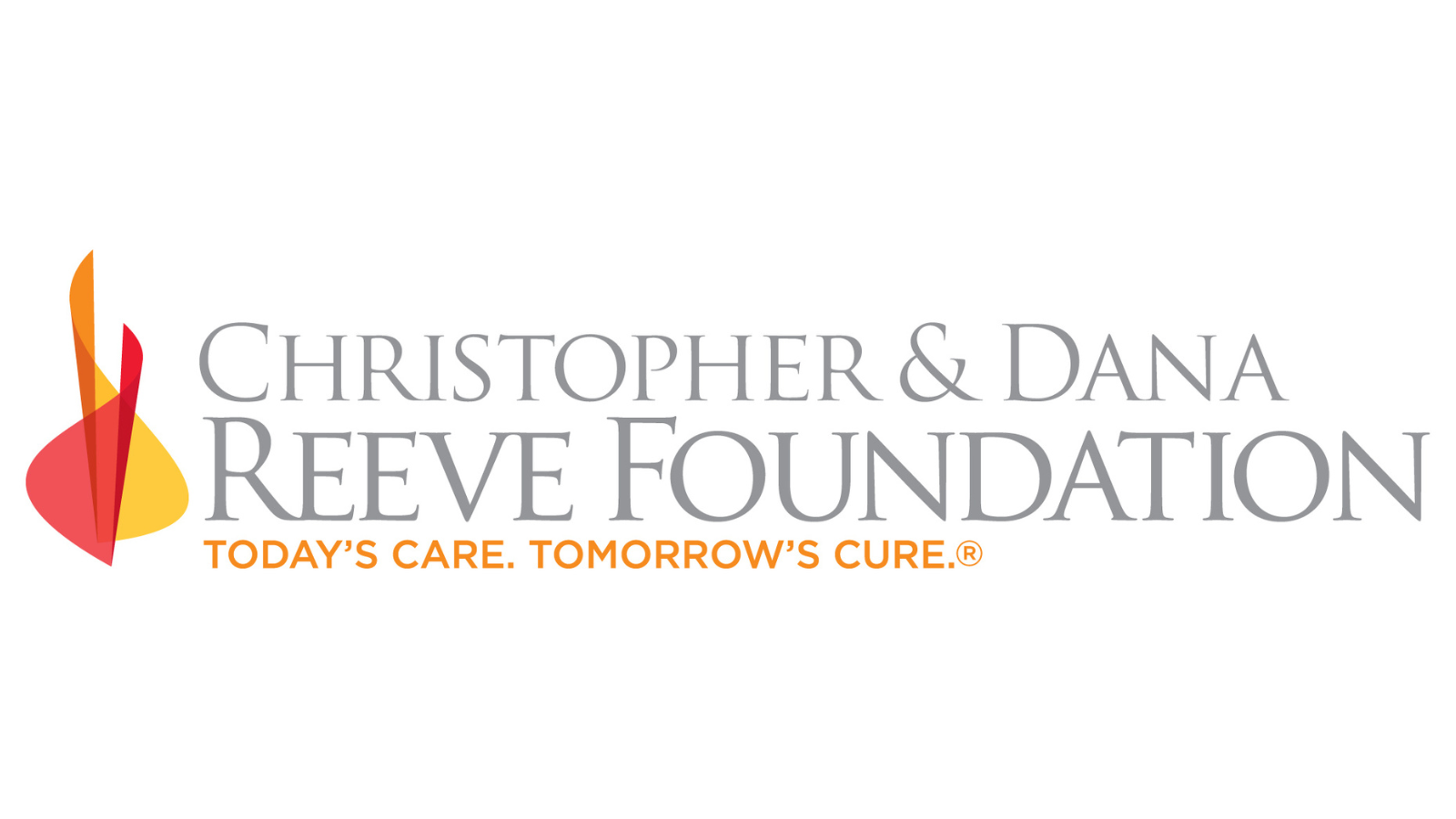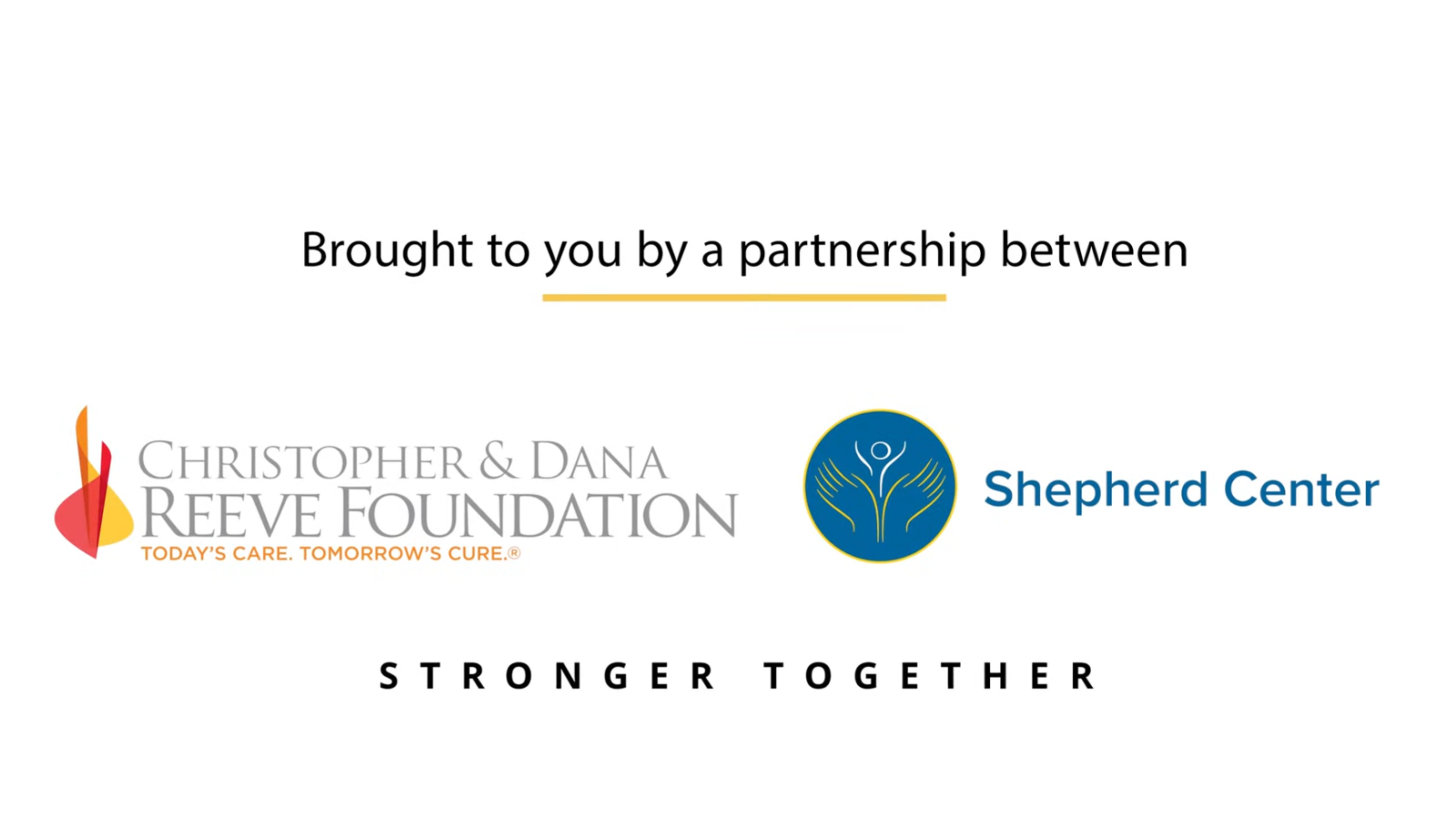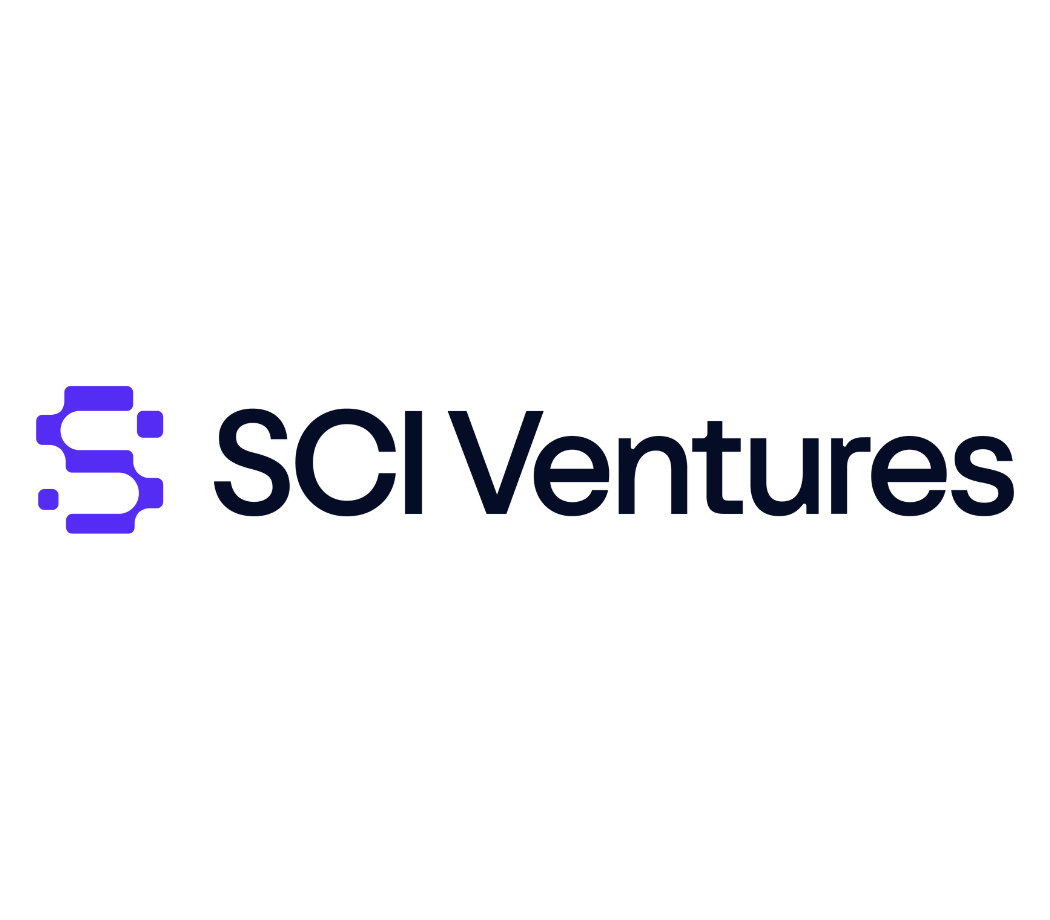1st Annual Spinal Cord Injury Investor Symposium
CARLSBAD, CA – March 30, 2023
Lineage Cell Therapeutics, Inc. (NYSE American and TASE: LCTX), a clinical-stage biotechnology company developing allogeneic cell therapies for unmet medical needs, and the Christopher & Dana Reeve Foundation, a non-profit organization dedicated to advancing innovative research and improving quality of life for individuals impacted by paralysis, are proud to present the 1st Annual Spinal Cord Injury Investor Symposium (“SCIIS”), a forum to discuss the recent innovation, advancements, and challenges in the treatment of spinal cord injury. The meeting aims to bring together healthcare companies, thought leaders, policymakers, government representatives, and individuals impacted by paralysis towards the common purpose of accelerating treatments. The forum will connect investors and companies engaged in the development of therapeutic interventions in the field of spinal cord injury. The inaugural SCIIS will be held on June 29, 2023, at the Sanford Consortium for Regenerative Medicine in La Jolla, CA.
Current confirmed speakers and moderating healthcare analysts (subject to change), include:
- –Richard G. Fessler, M.D., Ph.D., Professor, Department of Neurosurgery, RUSH University Medical Center
- –Mary Jane “MJ” Mulcahey, Ph.D., OTR/L, CPPC, CLCP, FASIA, Professor, Department of Occupational Therapy, Director, Center for Outcomes and Measurement, Professor, Department of Rehabilitation Medicine, Sidney Kimmel Medical College, Thomas Jefferson University
- –Marco Baptista, Ph.D., Chief Scientific Officer, Christopher & Dana Reeve Foundation
- Jake Javier, SCI Clinical Trial Participant
- Jerod Nieder, SCI Clinical Trial Participant
- Jack Allen, CFA, Senior Research Analyst, Biotechnology, R.W. Baird & Co., In
- Joseph Pantginis, Ph.D., Director of Research, Managing Director, Equity Research, H.C. Wainwright & Co., Inc.
Current confirmed public and private companies developing new treatment options for persons with spinal cord injuries (subject to change), include:
- AbbVie, Inc.
- Lineage Cell Therapeutics, Inc.
- Mitsubishi Tanabe Pharma Development America, Inc.
- NervGen Pharma Corp.
- ONWARD
“We are excited to be working alongside the Reeve Foundation, a recognized leader in the field of spinal cord injury, to advocate for treatments and support for those affected by paralysis. Creating and presenting an investor-facing event like the SCIIS is an opportunity to highlight the important work being done by for-profit and non-profit organizations alike,” stated Brian M. Culley, Lineage CEO. “Our aim at Lineage is to improve recovery and mobility by replacing the cells which are destroyed following a spinal cord injury. We are encouraged by the initial clinical testing which has been performed with our approach and look forward to continuing our work. We also intend to increase our engagement with patients and the advocacy community as part of our broader efforts to improve outcomes for those affected by this debilitating condition. In certain rare disease settings, we have seen that raising investor awareness can lead to greater investment, which can accelerate new treatments. This symposium aims to offer investors and potential partners a forum to discuss innovation and recent discoveries in the treatment of spinal cord injury.”
“Recent scientific and technological breakthroughs are ushering in a new era in spinal cord injury research, and we’re excited to partner with Lineage on the first annual SCIIS to share this important work. This symposium helps support a comprehensive infrastructure for expanded spinal cord injury research and provide new opportunities for engaged investors,” said Marco Baptista Ph.D., Chief Scientific Officer at the Reeve Foundation. “By bringing together critical communities – scientists, industry members, and individuals and families impacted by spinal cord injury, to name a few – we hope to generate new partnerships to rapidly increase innovation and the number of treatments with the potential to change what it means to be living with spinal cord injury.”
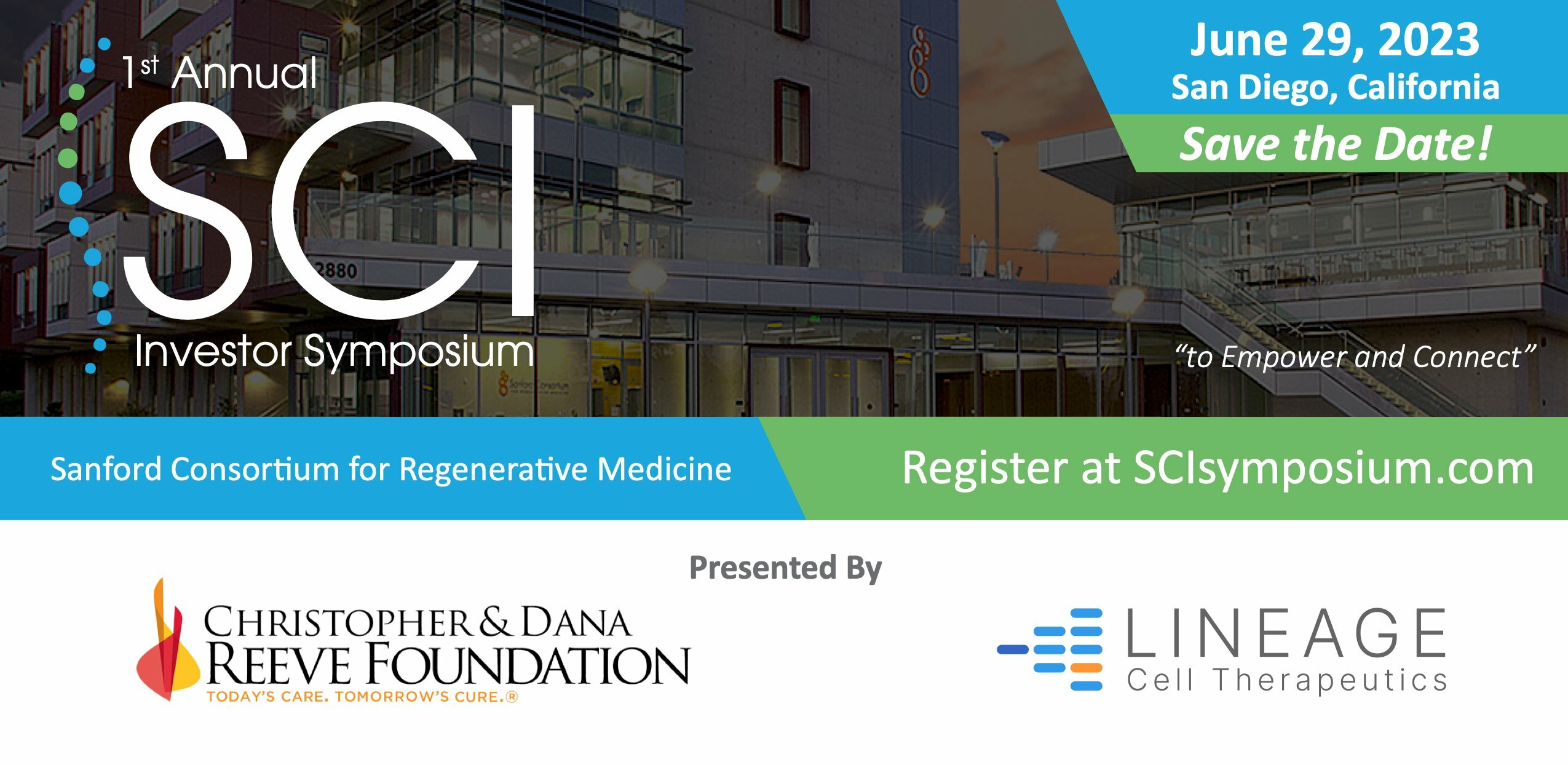 The 1st Annual Spinal Cord Injury Investor Symposium will be held in-person, on June 29, 2023, in the Duane Roth Auditorium at the Sanford Consortium for Regenerative Medicine in La Jolla, CA. This event will bring together both public and private companies developing new treatment options for people with spinal cord injury, alongside leaders in the spinal cord injury medical and advocacy communities. A number of important topics will be discussed, including current treatment approaches, the impact of SCI, SCI clinical trial participation and ensuring persons with lived experience perspectives, needs & priorities are appropriately captured, including with new clinical assessment tools. Advance registration is required for attendance. For more information about the conference, please visit http://scisymposium.com/ or follow the conversation on Twitter @SCISymposium, using the hashtag #SCIsymposium.
The 1st Annual Spinal Cord Injury Investor Symposium will be held in-person, on June 29, 2023, in the Duane Roth Auditorium at the Sanford Consortium for Regenerative Medicine in La Jolla, CA. This event will bring together both public and private companies developing new treatment options for people with spinal cord injury, alongside leaders in the spinal cord injury medical and advocacy communities. A number of important topics will be discussed, including current treatment approaches, the impact of SCI, SCI clinical trial participation and ensuring persons with lived experience perspectives, needs & priorities are appropriately captured, including with new clinical assessment tools. Advance registration is required for attendance. For more information about the conference, please visit http://scisymposium.com/ or follow the conversation on Twitter @SCISymposium, using the hashtag #SCIsymposium.
About Spinal Cord Injuries
A spinal cord injury occurs when the spinal cord is subjected to a severe crush or contusion and frequently results in severe functional impairment, including limb paralysis, aberrant pain signaling, and loss of bladder control and other body functions. There are approximately 18,000 new spinal cord injuries annually in the U.S. The cost of a lifetime of care for a severe spinal cord injury can be as high as $5 million.
About the Sanford Consortium for Regenerative Medicine
The mission of Sanford Consortium for Regenerative Medicine is to advance stem cell research through collaborative, multi-disciplinary interactions. This “collaboratory” enables scientists from the La Jolla Institute for Allergy & Immunology, the Salk Institute for Biological Studies, the Sanford Burnham Prebys Medical Discovery Institute, Scripps Research, and the University of California, San Diego to work side by side in a facility specifically designed to achieve breakthrough discoveries. Consistent with the objectives of the California Institute for Regenerative Medicine, Sanford Consortium for Regenerative Medicine researchers are applying the powers of stem cells to promote diagnoses, treatments, and cures for degenerative diseases and injuries. In December 2011, the Sanford Consortium for Regenerative Medicine brought together researchers from the collaborating organizations under a single roof in a new world-class facility, funded in large part through a $43 million major facilities grant award from the California Institute for Regenerative Medicine (CIRM). The facility, centrally located among the five member institutions, is enabling scientists to share intellectual capital so that research may progress in a faster, smarter and more effective manner. In addition to shaping advances in stem cell science, the Sanford Consortium for Regenerative Medicine is committed to nurturing the next generation of scientific leaders. For more information, please visit www. https://www.sanfordconsortium.com/.
About the Christopher & Dana Reeve Foundation
The Christopher & Dana Reeve Foundation is dedicated to curing spinal cord injury by funding innovative research and improving the quality of life for individuals and families impacted by paralysis. By uniting the brightest minds in the field, we are working tirelessly to accelerate scientific discovery across the field of spinal cord research by investing in labs across the globe. Additionally, through a cooperative agreement with the Administration for Community Living, the Reeve Foundation’s National Paralysis Resource Center (NPRC) promotes the health, well- being, and independence of people living with paralysis, providing comprehensive information, resources, and referral services assisting over 120,000 individuals and families since its launch in 2002. The Reeve Foundation is committed to elevating our community’s voices and needs to achieve greater representation and independence. For more information, please visit www.ChristopherReeve.org or call 800-225-0292.
About Lineage Cell Therapeutics, Inc.
Lineage Cell Therapeutics is a clinical-stage biotechnology company developing novel cell therapies for unmet medical needs. Lineage’s programs are based on its robust proprietary cell-based therapy platform and associated in-house development and manufacturing capabilities. With this platform Lineage develops and manufactures specialized, terminally differentiated human cells from its pluripotent and progenitor cell starting materials. These differentiated cells are developed to either replace or support cells that are dysfunctional or absent due to degenerative disease or traumatic injury or administered as a means of helping the body mount an effective immune response to cancer. Lineage’s clinical and preclinical programs are in markets with billion dollar opportunities and include five allogeneic (“off-the-shelf”) product candidates: (i) OpRegen®, a retinal pigment epithelial cell therapy in Phase 2a development for the treatment of geographic atrophy secondary to age-related macular degeneration, is being developed under a worldwide collaboration with Roche and Genentech, a member of the Roche Group; (ii) OPC1, an oligodendrocyte progenitor cell therapy in Phase 1/2a development for the treatment of acute spinal cord injuries; (iii) VAC2, a dendritic cell therapy produced from Lineage’s VAC technology platform for immuno- oncology and infectious disease, currently in Phase 1 clinical development for the treatment of non-small cell lung cancer; (iv) ANP1, an auditory neuronal progenitor cell therapy for the potential treatment of auditory neuropathy; and (v) PNC1, a photoreceptor neural cell therapy for the potential treatment of vision loss due to photoreceptor dysfunction or damage. For more information, please visit www.lineagecell.com or follow the company on Twitter @LineageCell.
Forward-Looking Statements
Lineage cautions you that all statements, other than statements of historical facts, contained in this press release, are forward-looking statements. Forward-looking statements, in some cases, can be identified by terms such as “believe,” “aim,” “may,” “will,” “estimate,” “continue,” “anticipate,” “design,” “intend,” “expect,” “could,” “can,” “plan,” “potential,” “predict,” “seek,” “should,” “would,” “contemplate,” “project,” “target,” “tend to,” or the negative version of these words and similar expressions. Such statements include, but are not limited to, statements relating to: the ability of cell transplant therapy approaches, including OPC1, to improve recovery or allow a patient to regain more mobility than what could otherwise be expected. Forward-looking statements involve known and unknown risks, uncertainties and other factors that may cause Lineage’s actual results, performance or achievements to be materially different from future results, performance or achievements expressed or implied by the forward-looking statements in this press release, including, but not limited to, the following risks: that positive findings in early clinical and/or nonclinical studies of a product candidate may not be predictive of success in subsequent clinical and/or nonclinical studies of that candidate; that engagement with patients and the advocacy community may not lead to improvements in patient outcomes; and that raising investor awareness may not lead to greater investment, nor accelerate new treatments; and those risks and uncertainties inherent in Lineage’s business and other risks discussed in Lineage’s filings with the Securities and Exchange Commission (SEC). Lineage’s forward-looking statements are based upon its current expectations and involve assumptions that may never materialize or may prove to be incorrect. All forward-looking statements are expressly qualified in their entirety by these cautionary statements. Further information regarding these and other risks is included under the heading “Risk Factors” in Lineage’s periodic reports with the SEC, including Lineage’s most recent Annual Report on Form 10- K and Quarterly Report on Form 10-Q filed with the SEC and its other reports, which are available from the SEC’s website. You are cautioned not to place undue reliance on forward-looking statements, which speak only as of the date on which they were made. Lineage undertakes no obligation to update such statements to reflect events that occur or circumstances that exist after the date on which they were made, except as required by law.
###
Reeve Foundation Media Contact:
Julia Leonard ([email protected])
(973) 933-7222
Lineage Cell Therapeutics, Inc. IR
Ioana C. Hone ([email protected])
(442) 287-8963
LifeSci Advisors
Daniel Ferry ([email protected]) (617) 430-7576
Russo Partners – Media Relations
Nic Johnson or David Schull
([email protected]) ([email protected])
(212) 845-4242
###


